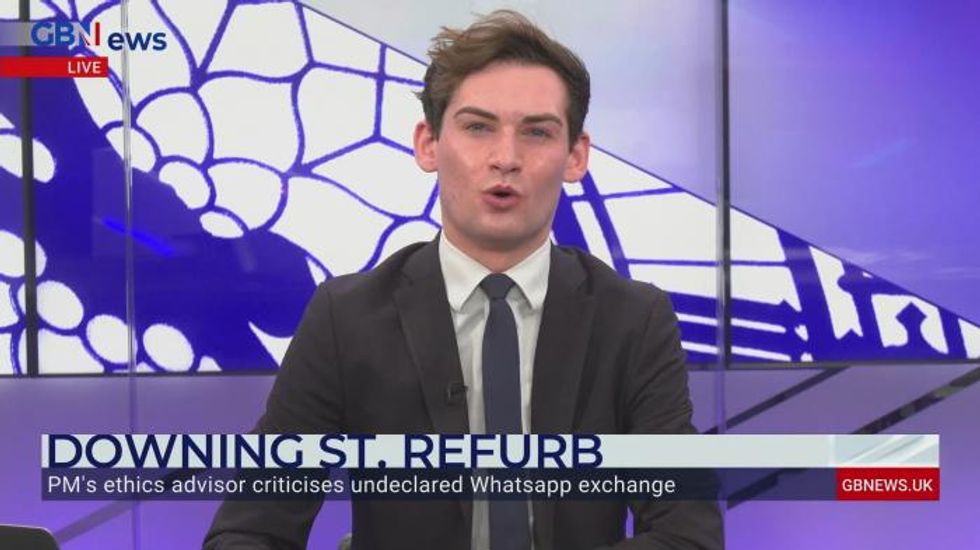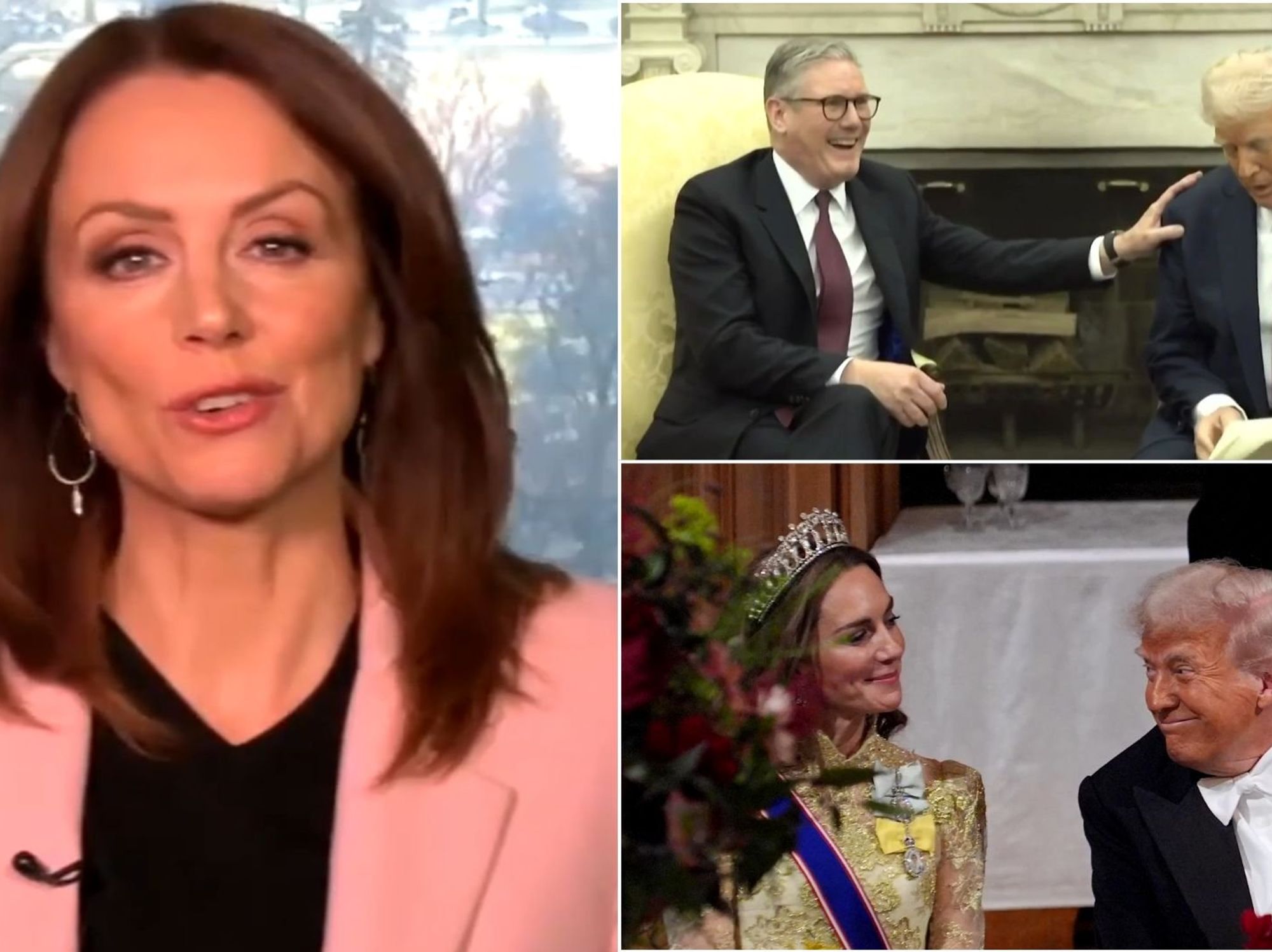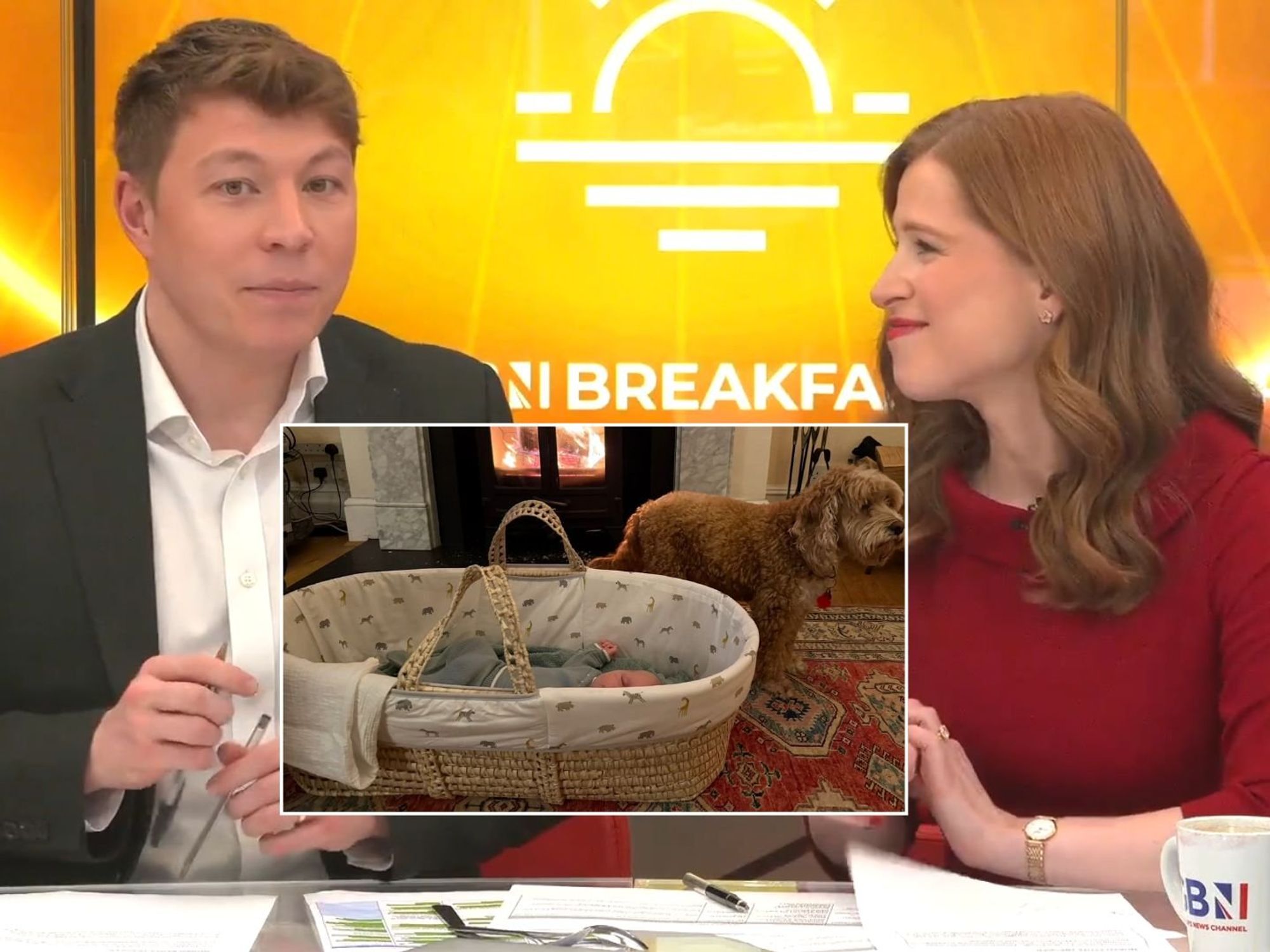Tom Harwood: The Downing Street flat refurbishment story has once again reared its ugly head once again

That long running Downing Street flat refurbishment story has once again reared its ugly head once again, now with claims of withheld text messages
Don't Miss
Most Read
Latest
Now turning to a story of texts, ethics, and interior design.
That long running Downing Street flat refurbishment story has once again reared its ugly head once again, now with claims of withheld text messages.
So what is going on? And does it even matter?
Well two years ago when the Prime Minister and his partner moved into his plush flat above Number 11 Downing Street, they were keen to give it a thorough, and expensive, zhuzhing up.
Given that Downing Street is a place of work, and frequently receives international dignitaries, this is not a particularly unreasonable demand, but it does require cash.
Something that the Prime Minister has a difficult relationship with.
Boris Johnson has often complained about money troubles, as multiple divorces and a less than clear number of children have left him feeling less than flush with cash. This despite very generous salaries over the years.
The problem with getting someone else to pay for an six figure flat refurbishment, however, is the claims of undue influence that then arise. The idea of cash for access.
Downing Street say a blind trust was to be set up to pay for renovation, so that the Prime Minister could remain in the dark about who had funded it and avoid any of these claims of sleaze.
Lord Brownlow was to oversee that trust. Some claim however that the Prime Minister concocted a plan for Brownlow to personally fund the renovation.
After that whole mess Boris Johnson ended up footing the bill himself.
Yet the idea that Boris planned for Brownlow to fund the refurbishment himself appears more serious in light of newly surfaced text messages between the pair. Text messages that did not form part of Lord Geidt's initial investigation.
In 2020 Boris said parts of his flat were still a tip and asked Brownlow to contact designer Lulu Lytle for approvals. Curiously Boris also mentioned a ‘Great Exhibition plan’ in the same message, something Lord Brownlow had been championing in conjunction with the Royal Albert Hall, an organisation he is a trustee of.
Now in Number 10’s defence, the Great Exhibition 2.0 plan is not something the government is pursuing, despite a later meeting taking place between Brownlow and then culture secretary Oliver Dowden.
Fair enough, although we are entitled to ask why these texts were not handed to Lord Geidt in his initial investigation. Boris says that they got lost as he had to change his phone number for security reasons.
Yesterday he offered his “humble and sincere” apologies for the oversight, Geidt described the situation as “plainly unsatisfactory”, yet exonerated the Boris over the charge of breaking the ministerial code.
The Electoral Commission however last month fined the Tory Party over £17,000 over inaccurately reported donations related to this affair.
In short, this is a messy situation. There exist some convincing claims and other convincing counter claims.
Perhaps it is simply all too complicated to cut through very much at all.











